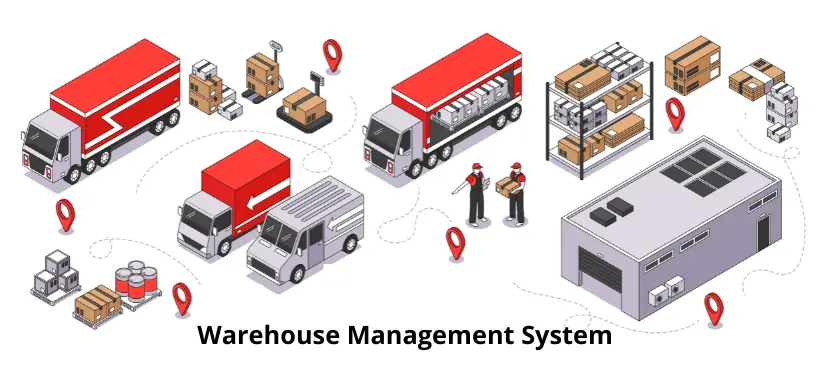In the fast-paced and complex world of logistics, efficient supply chain operations can be the key to success for businesses. The logistics industry, freight forwarders, and warehouses face numerous challenges in managing their operations effectively. One solution that can significantly enhance their efficiency and productivity is the implementation of a Warehouse Management System (WMS). In this blog, we will explore how leveraging a WMS can streamline supply chain operations and bring transformative benefits to the logistics industry, freight forwarders and container warehouses/depots.
Benefits of Warehouse Management System
Enhanced Inventory Control and Visibility
- Real-time visibility into inventory levels and movements across multiple warehouses and locations.
- Better inventory control, reducing the risk of stock outs and overstocking.
- Accurate tracking and management of shipments for freight forwarders, ensuring timely and accurate deliveries.
Efficient Order Processing
- Faster and more accurate order fulfilment, reducing lead times.
- Automated order picking, packing, and shipping, minimizing human errors.
- Improved customer satisfaction due to prompt and error-free order processing.
Optimal Space Utilization
- Optimization of warehouse layout and storage allocation, maximizing storage capacity.
- Reduced storage costs and improved warehouse operations.
- Faster turnaround times for container warehouses and depots, enhancing operational efficiency.
Seamless Connectivity and Collaboration
- Real-time information sharing among stakeholders in the supply chain.
- Improved collaboration and communication, reducing miscommunications and delays.
- Proactive responses to changes in demand, supply, or shipping schedules.
Data-Driven Decision Making
- Valuable insights from Warehouse Management System data on performance metrics, inventory trends, and customer behavior.
- Data-driven decisions for optimizing routes, improving delivery schedules, and resource allocation.
- Better forecasting and planning for peak seasons and demand fluctuations.
Features of Warehouse Management System
Real-Time Inventory Tracking
- Constant monitoring and updating of inventory levels, locations, and movements.
- Instant alerts for low stock levels or discrepancies, enabling proactive inventory management.
Automated Order Processing
- Automated order picking, packing, and shipping based on predefined rules and priorities.
- Order verification and tracking at each stage of the fulfilment process.
Space Optimization Tools
- Intelligent space planning and storage allocation algorithms.
- Visualization tools for warehouse layout optimization.
Multi-Party Connectivity
Web-based platform allowing seamless collaboration and information sharing among stakeholders.
Conclusion
The adoption of a Warehouse Management Software can be a game-changer for the logistics industry, freight forwarders, and container warehouses/depots. As these industries continue to evolve, a well-implemented WMS will become an essential tool for achieving streamlined supply chain operations and meeting the demands of customers and partners effectively. Embracing technology and leveraging an Online Warehouse Management Software is a strategic move that will propel businesses in the logistics sector toward sustainable growth and success.
Reach out today and experience the future of logistics with our advanced Warehouse Management System.




